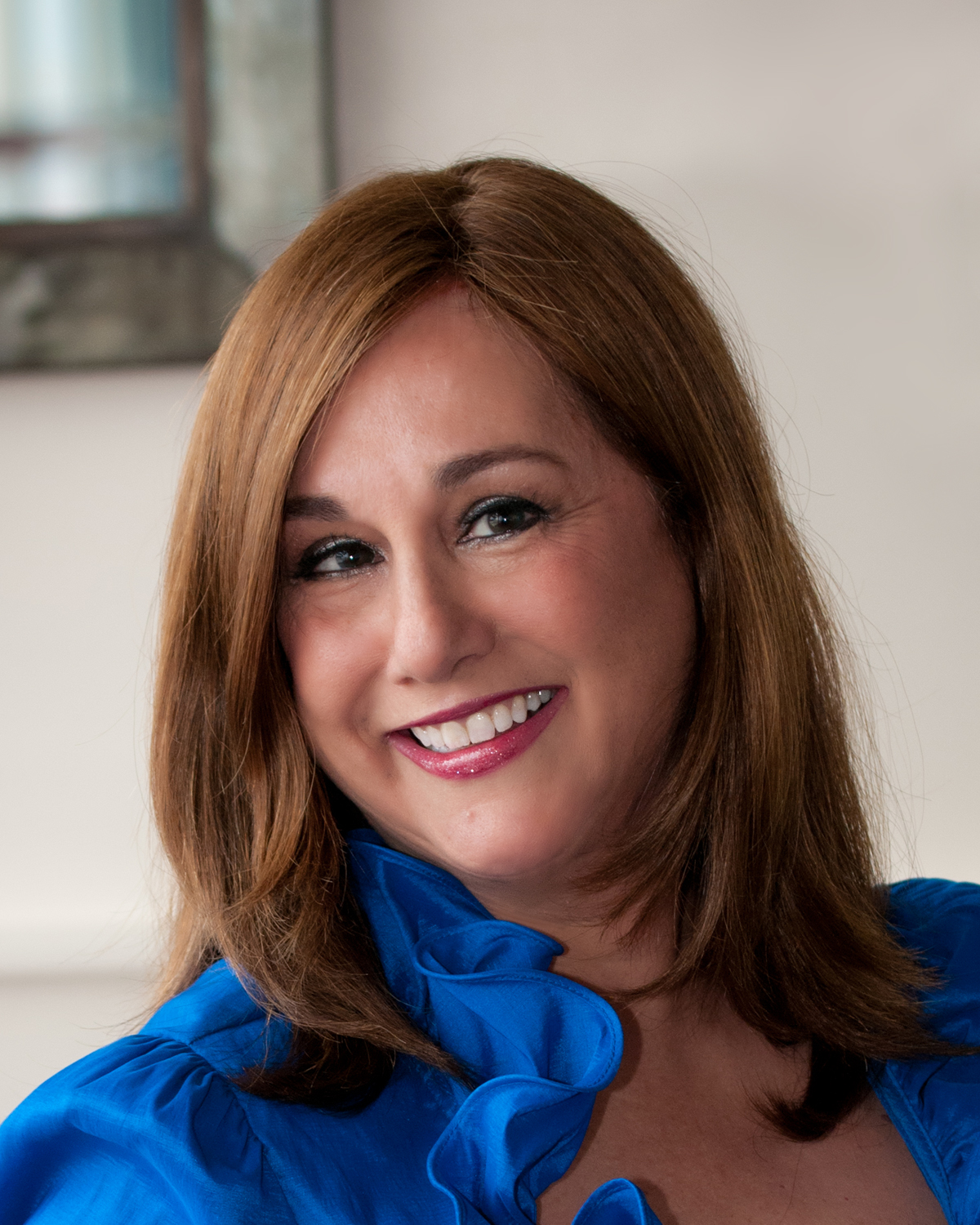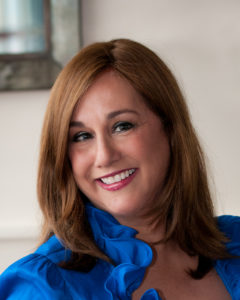
Author Q & A: The Many Faces of Sonia Taitz
Essayist, playwright, author of a well-received book on mothering and winner of the Lord Bullock Prize for Fiction, Sonia Taitz is nothing if not nimble as a writer. Although she trained as a lawyer—at Yale no less—the pursuit of a legal career held little appeal for her and she soon returned to her first loves, reading and writing. Mothering Heights: Reclaiming Parenthood from the Experts, is both political satire and heartfelt memoir about the changing role of mothers. The Watchmaker’s Daughter is another sort of memoir, detailing her “binocular” life as the American child of European, Yiddish-speaking concentration camp survivors. Taitz’s novels include In the King’s Arms, a coming-of-age story that has been called a cross between Evelyn Waugh and Philip Roth. And in her forthcoming novel Down Under she takes on Mel Gibson, reinventing the famously anti-Semitic movie star’s past to include an early, pre-fame romance with a Jewish girl. Fiction editor Yona Zeldis McDonough asks Taitz some questions about her wide-ranging literary output and the scarred but heroic parents who shaped her life.

Sonia Taitz (courtesy author)
YZM: What inspired you to make the leap from lawyer to writer?
My adventures in law originated in the mind of my father. A Holocaust survivor whose own education had stopped at age 13, he was determined that I have a careerwhich put me in “a place of importance” in society. He felt that with a law degree I would be armed—at least verbally—if danger reared its head again. Somehow, he equated me with Queen Esther—able to eloquently step into the corridors of power and avert imminent disaster. Because I was good in school (in my case, yeshiva through 12th grade), and because the Torah we analyzed prepared me well for verbal debate, I thought my father’s vision suited me.
But from the time I started college, more creative instincts began to take me over. I didn’t want to win arguments or massage facts; I wanted to weave spells with words, to compose in utter freedom. I didn’t want to be cunningly adversarial, but creative and connective. It didn’t hurt that my mother was a concert pianist (providing Chopin’s Fantasie Impromptu as theme song to my childhood) or that my father wrote poetry in Dachau. Transcendence was as much my legacy as Talmud, or torts.




One comment on “Author Q & A: The Many Faces of Sonia Taitz”
Comments are closed.